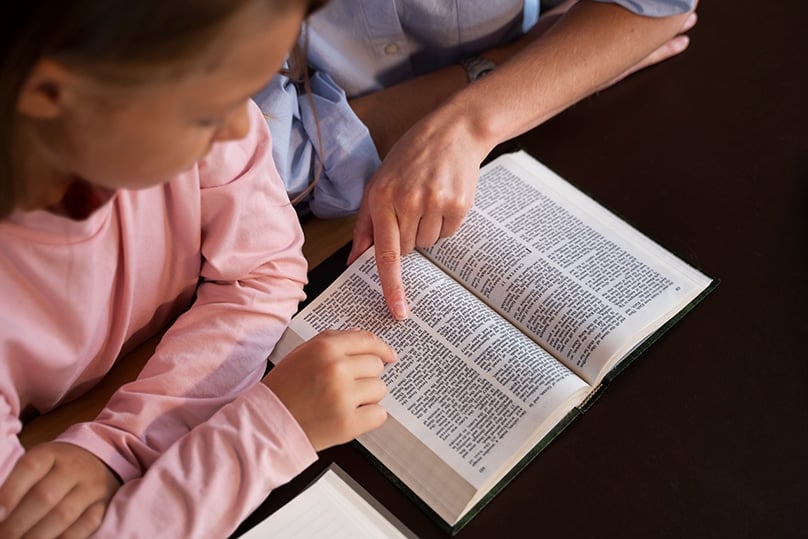
Catholic schools in Australia have been flourishing for decades. Since state aid put the system on an equal footing with non-Catholic schools, they’ve never looked back.
In roughly the same period, Catholics in Australia have deserted the church in droves. I’m not saying the two are connected, or that it’s the fault of the schools.
But because the Catholic school system has been such a huge part of the post-Vatican II church in Australia, it would make sense to try to measure what impact it’s had on its students.
How do you measure something like that? It’s a bit tricky. “Influence” is a slippery concept and can take a long time to become apparent in a person’s life.
But we can measure other things. For example, we can ask graduates of Catholic schools how often they go to Mass, and what they believe about God and the church.
We can also ask graduates of non-Catholic schools the same things and see if there’s a difference. If there is, we could say that Catholic schooling may have made a difference to the group that attended it.
That’s exactly what we did in the Catholics in Australia survey, and we got some very interesting answers.
If you’ve been following the results of this survey, you’ll know that we got around 2300 responses from all over Australia, and roughly the same number of men and women.
Around half had all-Catholic schooling at primary and secondary level. Around a third had a mix of Catholic and non-Catholic, and the rest had no Catholic schooling or didn’t know.
I should have asked about homeschooling—and didn’t. This means I sometimes kick myself, but also urge someone out there to do a research project on this.
We did find that the over-40s were more likely to have had all-Catholic schooling, and the under-40s were more likely to have had a mix. The under-40s were also much more likely to have gone to a non-Catholic secondary school.
There were a lot of similarities between the groups on some issues. They had the same priorities about why they went to Mass, and they pray at around the same rates.
However, those who didn’t go to all-Catholic schools were more likely to go to confession monthly or more—36 per cent, versus 23 per cent of those who had all-Catholic schooling.
It’s when we look at what they believe that some real differences appear. You can measure whether the difference is statistically significant—what we might call a “real” difference.
I found that pretty much everyone believes in life after death, in the Real Presence, and in heaven. This is easy. After all, it’s the nice stuff.
But I found four other areas where there was a “real” difference: beliefs in hell, purgatory, religious miracles, and the intercessory power of the saints.
Those who had little or no Catholic schooling were more likely to believe in all four than those who had all-Catholic schooling.
It was the same when I looked at key church teachings on social and sexual morality. Six areas stood out: homosexual behaviour, sex outside marriage, contraceptive use, abortion, spending money on luxuries without giving to the poor, and remarriage after divorce with no annulment.
In every case, people with little or no Catholic schooling were significantly more likely to believe that these things were sinful, compared to people with all-Catholic schooling.
Finally, I looked at what people thought about key church teachings and whether they could be changed. We asked about seven topics.
These were: whether priests should be allowed to marry, whether the church should routinely ordain married men and also women, and whether the church should allow birth control use, same sex-marriage, holy communion for remarried divorced Catholics, and holy communion for people living together.
For all seven questions, the answers were “really” different. Those with little or no Catholic schooling were far more likely to answer no to these questions. Those who had all-Catholic schooling were much more likely to say yes.
Right now, it looks like having all-Catholic schooling makes you less likely to believe in many core Catholic beliefs, especially those concerning sex.
It might also make you more likely to think that core teachings and practices in the church should be changed.
But remember what I said earlier? It was people aged over 40 who were more likely to have had all-Catholic schooling, compared to the under-40s. And this matters—for reasons I’ll explain next week.
